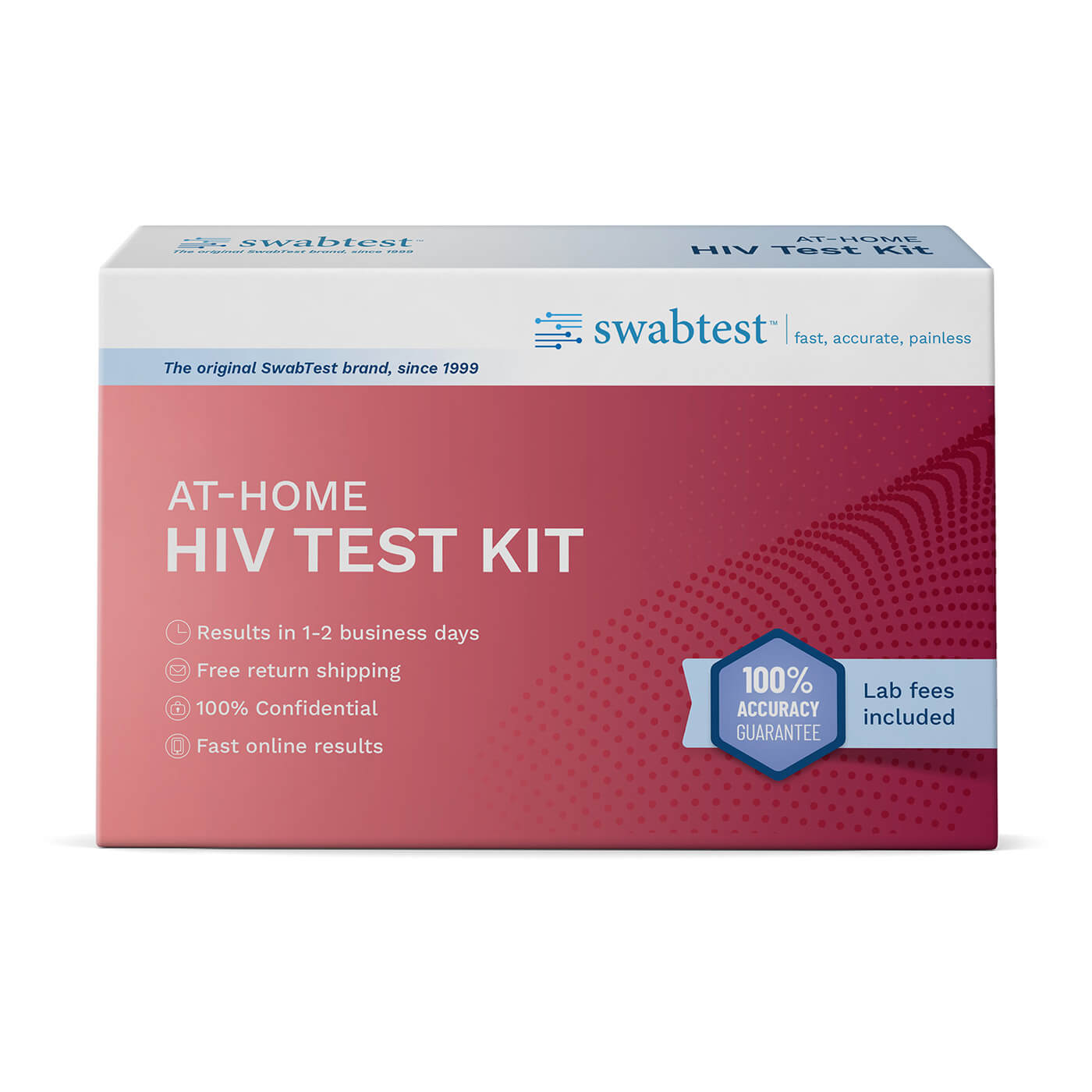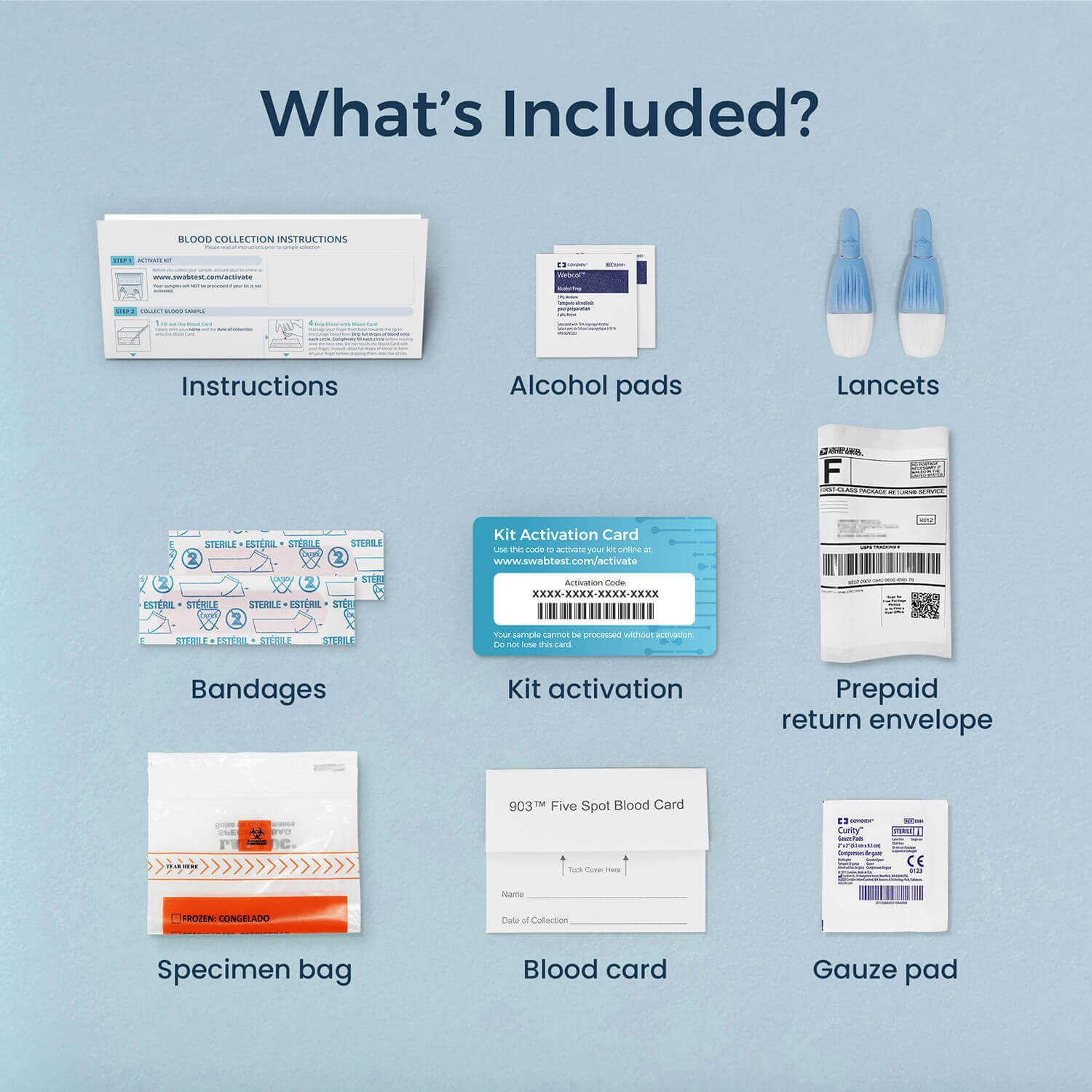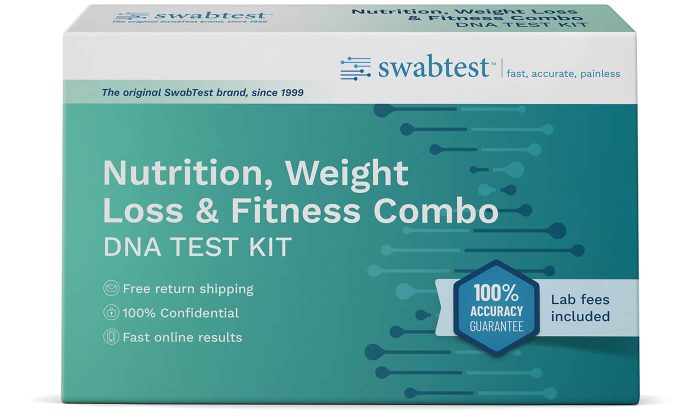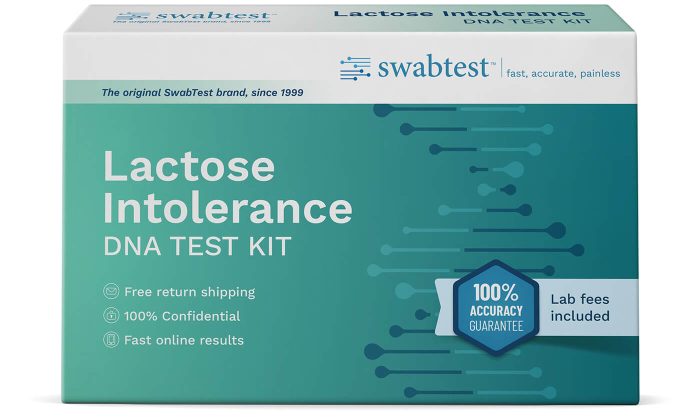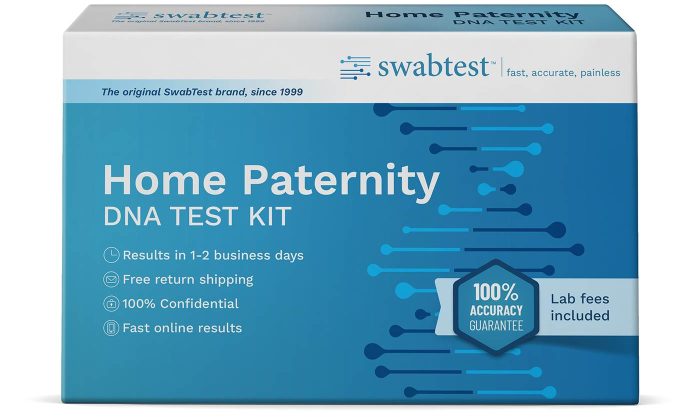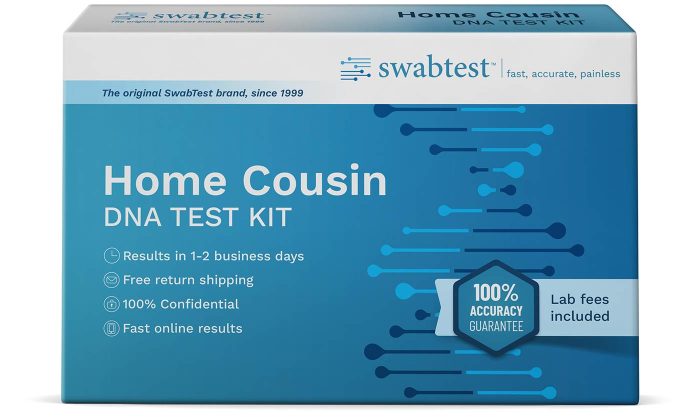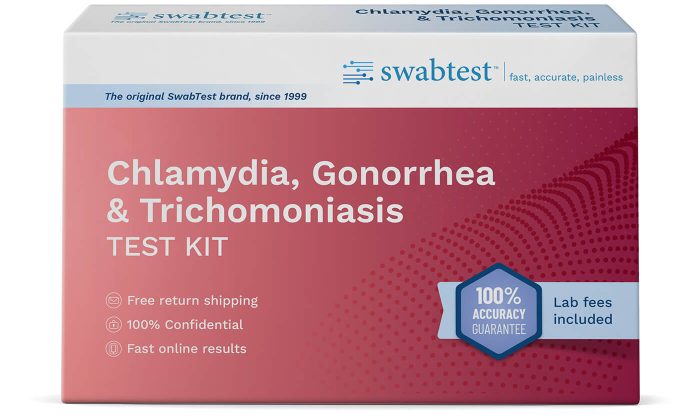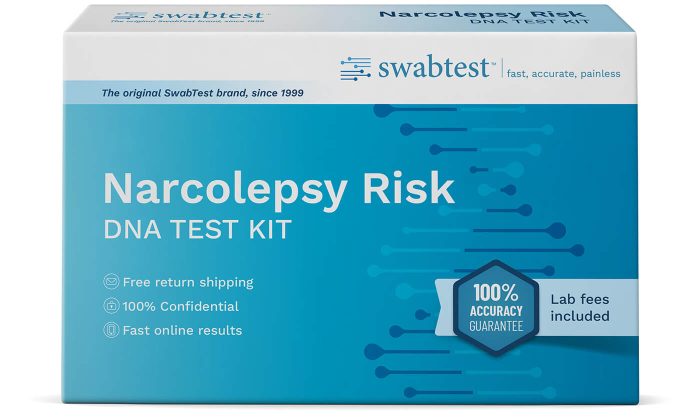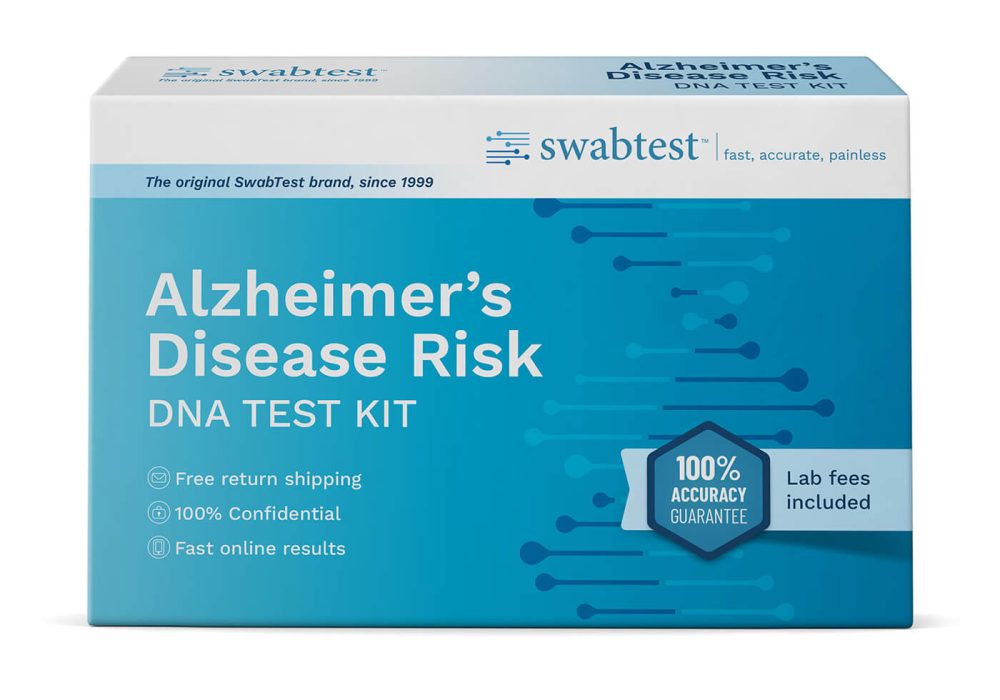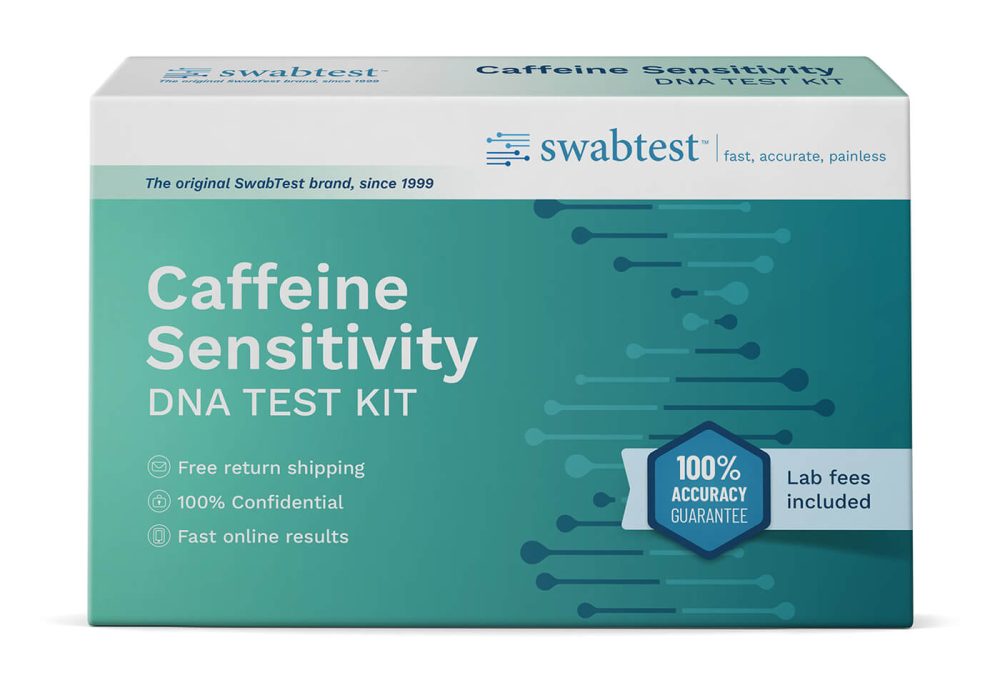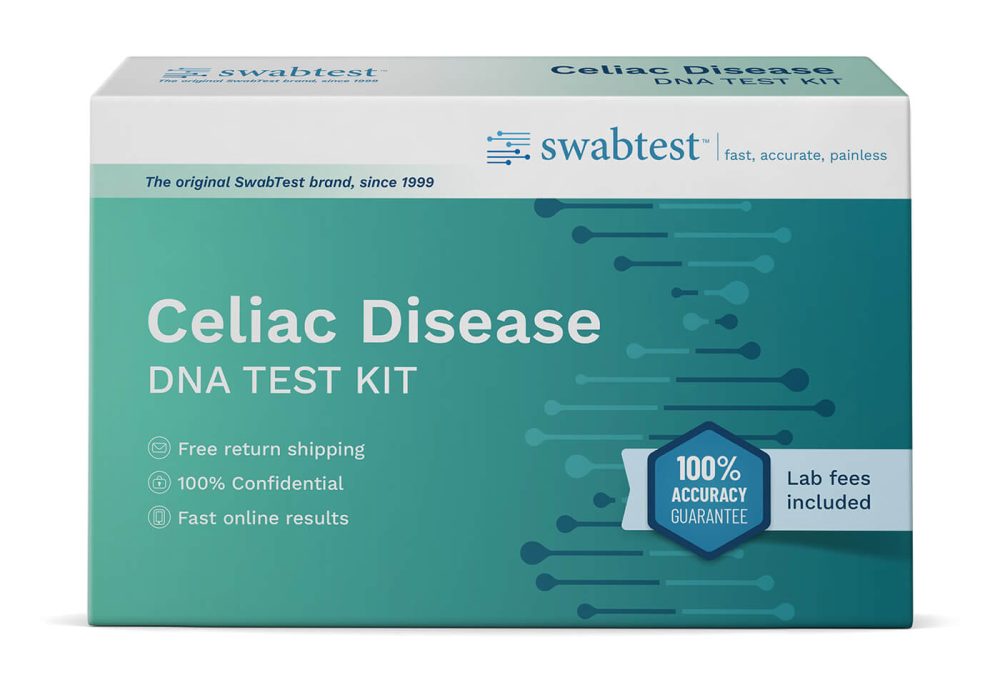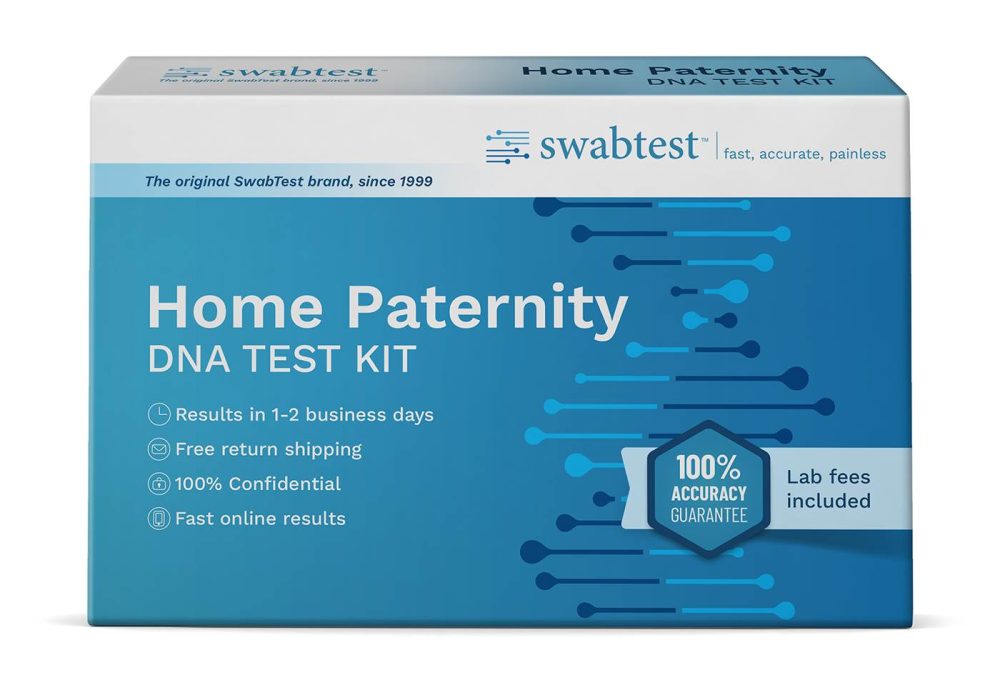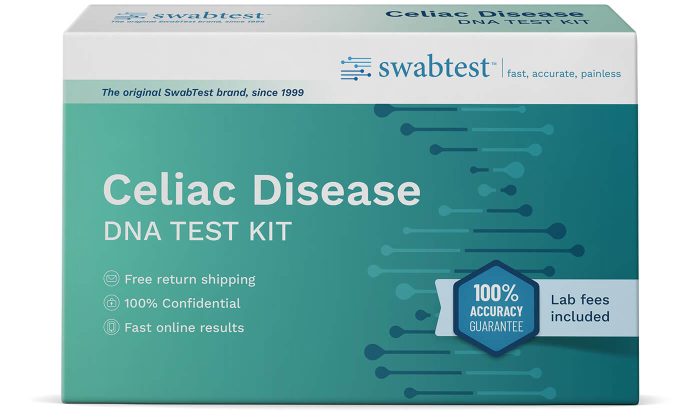HIV Test
The human immunodeficiency virus (HIV) can be transmitted through contact with infected blood or by coming into contact with semen, pre-ejaculate, and vaginal fluids of an infection person. Use this kit to identify a potential HIV infection from the privacy of your own home.
- Screen for HIV-1 and HIV-2 antibodies and antigens
- Private and Hassle-Free
- Certified lab testing with clear results
- Simple, At-Home Testing
- 2X testing guarantee
- AABB, ISO17025 & CLIA accredited lab
$69.00 Original price was: $69.00.$49.00Current price is: $49.00.
Out of stock
Description
HIV is a blood-borne virus that attacks cells of the immune system. If left untreated, HIV infections can lead to the development of acquired immunodeficiency syndrome or AIDS as the immune system is compromised. HIV is not curable. However, if you are exposed to the virus, post-exposure treatment options are available for reducing the risk of infection. Today, HIV can be effectively treated with antiretroviral therapies (ARTs), which reduces the risk of transmission and the development of AIDS.

Description
HIV is a blood-borne virus that attacks cells of the immune system. If left untreated, HIV infections can lead to the development of acquired immunodeficiency syndrome or AIDS as the immune system is compromised. HIV is not curable. However, if you are exposed to the virus, post-exposure treatment options are available for reducing the risk of infection. Today, HIV can be effectively treated with antiretroviral therapies (ARTs), which reduces the risk of transmission and the development of AIDS.
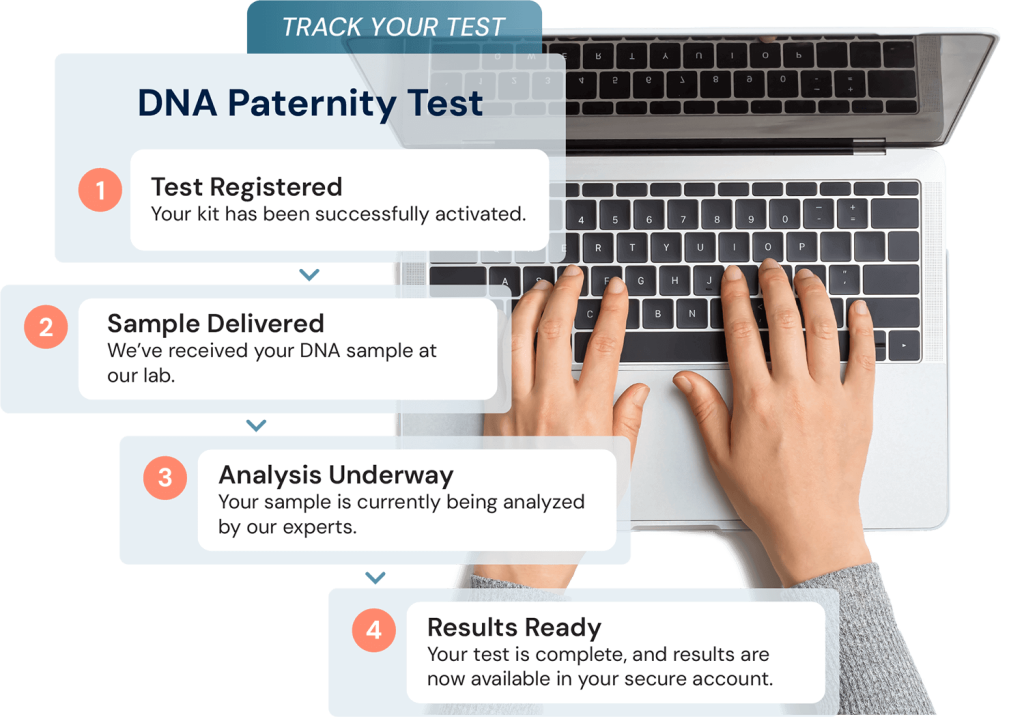
Who should take this test?
- Everyone between the ages of 13 and 64 should be tested at least once for HIV as recommended by the CDC (Center for Disease Control)
- If you belong to a higher risk population (eg: Sex workers, men who have sex with men, injection drug users) you should be tested once a year
- Screening is recommended for all pregnant mothers as part of the routine prenatal screening panel
This is a 4th generation HIV test which will detect HIV earlier and with more accuracy than a rapid test. However, there is a “window period” of 18 to 45 days between exposure and when the HIV antigens and antibodies can be detectable with lab tests. Exposed individuals should test immediately and then confirm this negative diagnosis with follow up tests at 6 weeks, 3 months, and 6 months.
What is included in this test?
This 4th generation HIV test detects both HIV p24 antigen and HIV1/2 antibodies. The HIV p24 antigen is a protein made by the virus. It appears in the blood 2-3 weeks after exposure and is indicative of actively reproducing virus. This antigen provides useful for diagnosing HIV within a short time frame after exposure. HIV specific antibodies are only detectable in the blood 23-90 days after exposure, as the body needs to mount an immune response before making antibodies. As a result, HIV test that only detect antibodies have a longer “window period” after exposure when an infection can be detected.
Early detection is important because an infected person can transmit HIV during the window period. This test reduces the window period to just 18 to 45 days post exposure.
Stages & Symptoms of HIV
Acute Stage
Many individuals are unaware that they have HIV in the first few months, as they do not display any symptoms, or only experience mild symptoms (e.g. headache, sore throat, fatigue). As the viral load increases, other symptoms usually appear. Individuals in the acute stage are highly contagious.
- Swollen lymph nodes
- Weight loss
- High fever
- Diarrhea
- Muscle aches
Clinical Latency Stage
The second stage of HIV infection is known as clinical latency (or chronic HIV infection). The virus is still multiplying during this stage, but only at very low levels, and many individuals do not show any symptoms. However, without HIV treatment, individuals in this stage can still transmit HIV.
AIDS
HIV targets cells of the immune system reducing the ability to fight other infections and eventually progressing to acquired immunodeficiency syndrome (AIDS) in untreated individuals.
- Extreme fatigue
- Pneumonia
- Depression
- Memory loss
- Skin discoloration
- Rapid weight loss
- Increased susceptibility to other infections
Related Products
Related products
-
Diet & Fitness
Nutrition, Weight Loss and Fitness DNA Test Combo
$498.00 Add to cartExplore how your genes affect your nutrition and fitness.
-
Diet & Fitness
DNA Lactose Intolerance Test
$149.00 Add to cartFind out if your genes affect how your body digests dairy.
-
Shop All
DNA Paternity Test
The definitive way to establish paternity for a father and child.
$180.00Original price was: $180.00.$99.00Current price is: $99.00. Select options This product has multiple variants. The options may be chosen on the product page -
Shop All
DNA Cousin Test
Determine the likelihood that two individuals are related as first cousins.
$271.00Original price was: $271.00.$149.00Current price is: $149.00. Select options This product has multiple variants. The options may be chosen on the product page
Related products
-
Sale!
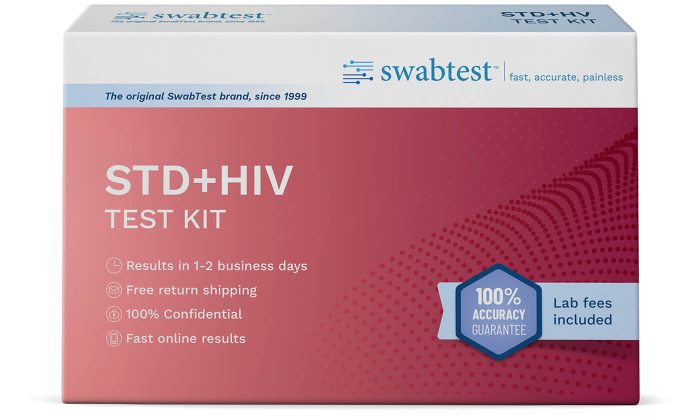 Out of stock
Sexual Health
Out of stock
Sexual HealthSTD + HIV Test
Screen for chlamydia, gonorrhea, trichomoniasis and HIV infections.
$149.00Original price was: $149.00.$99.00Current price is: $99.00. Read more -
Sexual Health
Common STD Test
Screens for chlamydia, gonorrhea and trichomoniasis infections
$99.00Original price was: $99.00.$79.00Current price is: $79.00. Add to cart -
Health & Wellness
DNA Narcolepsy Risk Test
$195.00 Add to cartDetects the genetic variant linked to an imbalance in sleep-awake cycles
-
Diet & Fitness
Nutrition, Weight Loss and Fitness DNA Test Combo
$498.00 Add to cartExplore how your genes affect your nutrition and fitness.
Related Products
$180.00 Original price was: $180.00.$99.00Current price is: $99.00.
Related products
-
Diet & Fitness
DNA Celiac Disease Test
$249.00Discover your genetic risk for gluten intolerance and celiac disease.
-
Health & Wellness
DNA Narcolepsy Risk Test
$195.00Detects the genetic variant linked to an imbalance in sleep-awake cycles
-
Sale!
 Out of stock
Sexual Health
Out of stock
Sexual HealthSTD + HIV Test
Screen for chlamydia, gonorrhea, trichomoniasis and HIV infections.
$149.00Original price was: $149.00.$99.00Current price is: $99.00. -
Shop All
DNA Cousin Test
Determine the likelihood that two individuals are related as first cousins.
$271.00Original price was: $271.00.$149.00Current price is: $149.00. This product has multiple variants. The options may be chosen on the product page
Our lab uses a fully automated antigen/antibody combination test to detect the presence of the HIV p24 antigen and antibodies to HIV-1 and HIV-2 in the finger prick blood sample. The p24 antigen is usually detected within 2-3 weeks post-exposure, while HIV antibodies are generally detected 4-6 weeks post-exposure.
Contact a health professional for follow-up testing for confirmation of a positive result from this HIV Test.
There is no cure for HIV. However, antiretroviral therapy (ART) is a very effective treatment to minimize viral load preventing the progression of HIV disease and preventing the transmission of HIV to sexual partners and newborn infants. ART is a life-long daily treatment that must be strictly followed to ensure the viral load remains below detectable levels. If the treatment is discontinued, HIV will continue to replicate increasing the risk of HIV transmission and the disease can progress to AIDS.
Methods are also available to reduce the risk of contracting HIV. Pre-exposure prophylaxis (PrEP) is a daily medication that individuals at high risk of HIV (e.g. partner of an HIV-positive person) can take to minimize their risk of HIV infection. There are currently two FDA approved PrEP medications that reduce the risk of contracting HIV via sex by up to 90%.
Post-exposure prophylaxis (PEP) is an emergency medication that must be started within 72 hours of exposure. PEP is a short course of medication that reduces the risk of infection but should not be used to replace other HIV and STD prevention methods.
Our lab uses a fully automated antigen/antibody combination test to detect the presence of the HIV p24 antigen and antibodies to HIV-1 and HIV-2 in the finger prick blood sample. The p24 antigen is usually detected within 2-3 weeks post-exposure, while HIV antibodies are generally detected 4-6 weeks post-exposure.
Contact a health professional for follow-up testing for confirmation of a positive result from this HIV Test.

